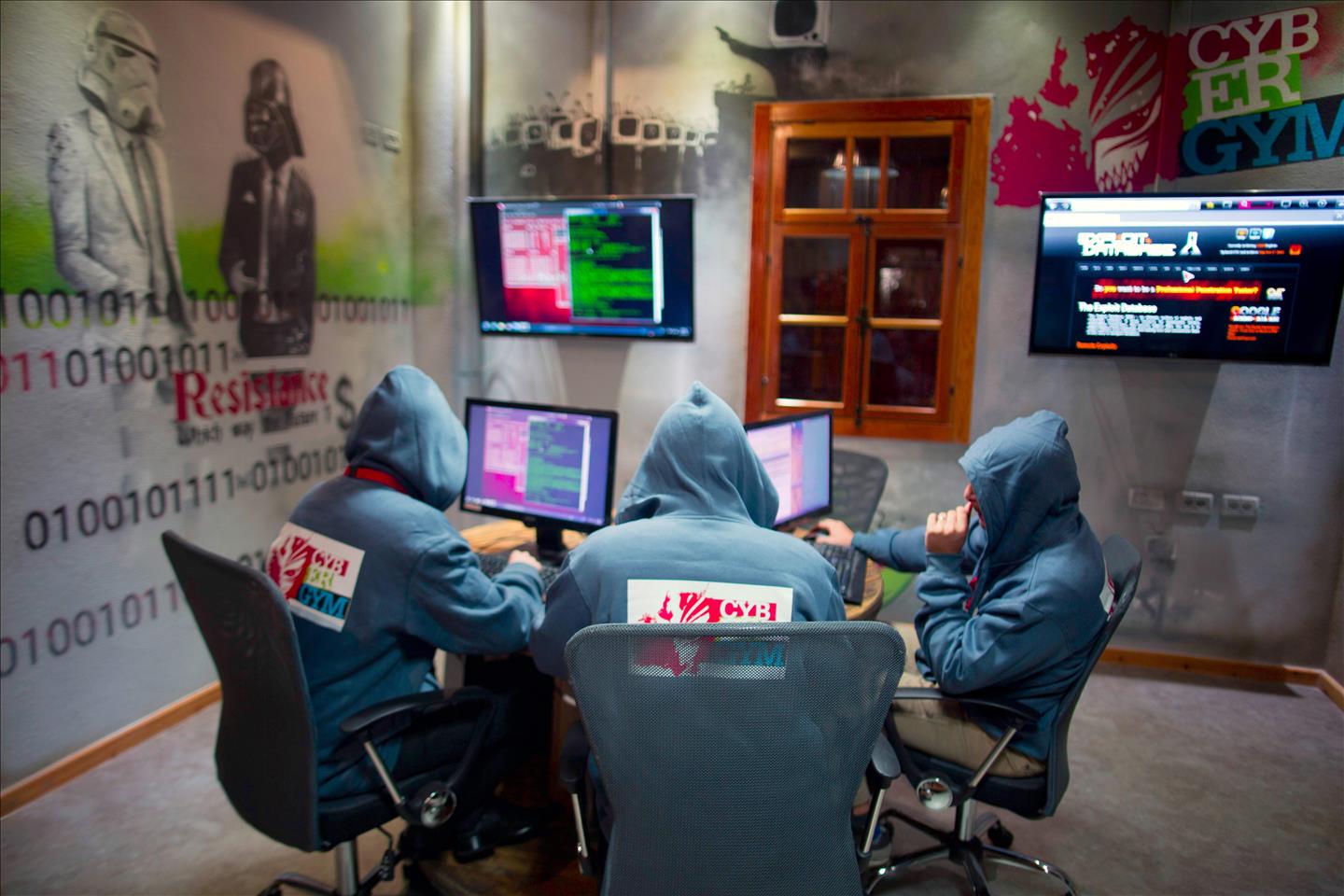
403
Sorry!!
Error! We're sorry, but the page you were looking for doesn't exist.
UAE- Cyber attacks pose a grave risk to GCC banks
(MENAFN- Khaleej Times)

Legal Disclaimer:
MENAFN provides the
information “as is” without warranty of any kind. We do not accept
any responsibility or liability for the accuracy, content, images,
videos, licenses, completeness, legality, or reliability of the information
contained in this article. If you have any complaints or copyright
issues related to this article, kindly contact the provider above.
















Comments
No comment